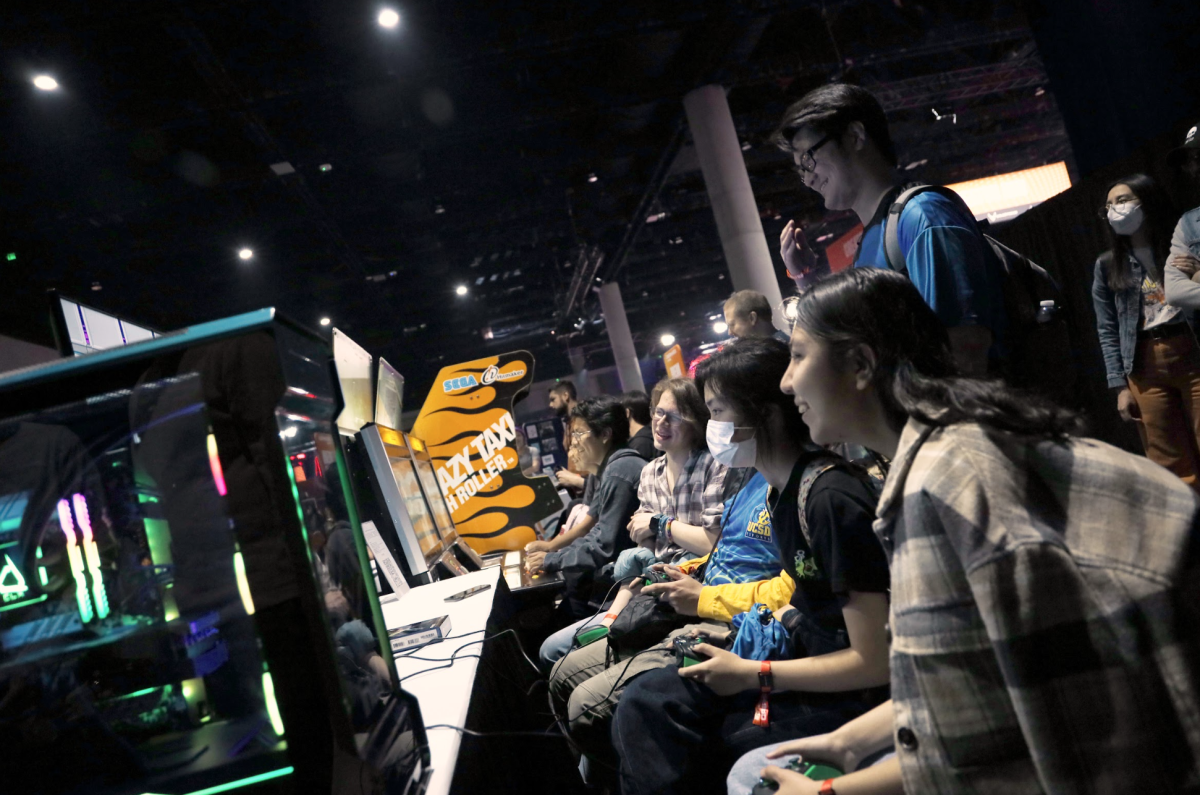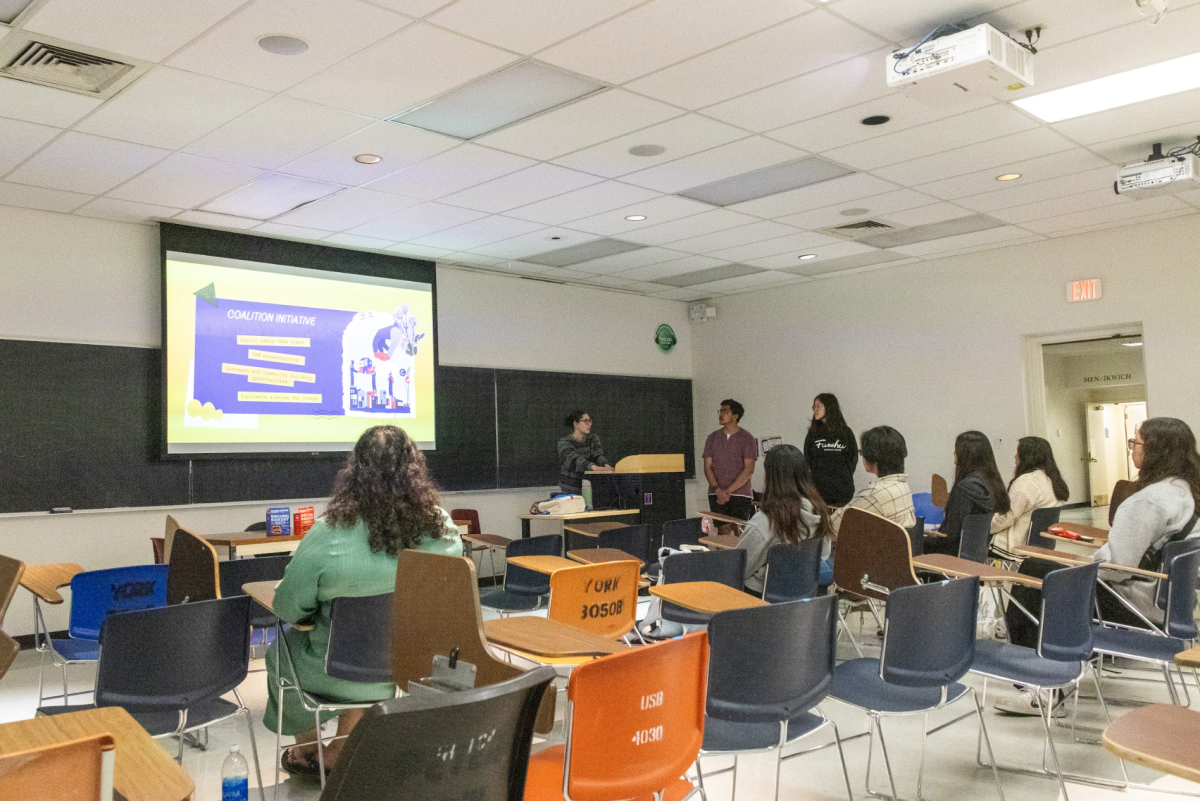Generation Z folks are moving back home more than ever, and not just relishing the financial perks. The return can pave differences in the way grandparents of the home interact with the young folk — many of whom they grew up with.
A young man may wake up early for his usual morning shift. He might wash up and bid his grandparents goodbye but not before asking if they would need anything before he leaves. He might not be able to pay rent yet, but he offers them a kind of company and security no senior living home can quite emulate since returning from college.This story is one that is beginning to rise in popularity — and decrease in stigma.
Many Generation Z folks have begun to move back in, from their own places or college, with their parents and grandparents. There is evidently the benefit of saving on rent, which is not a new occurrence as rent is only on the rise.
In a Zillow study from the summer of 2020, an increase of 9.7% from 2019 to 2020 saw more than 32 million adults living with a parent or grandparent. This does still acknowledge that many college students have returned home due to the nationwide closure of college campuses during COVID-19, but also states that increases in unemployment have made it difficult to bridge the gap between earnings and rent costs.
But something is different here in regards to coming back home to folks from older generations, particularly grandparents. There is often a lack of exact duration Gen Z folks wish to stay with them for. There is also a sense of familiarity in how many of these familial, affectionate hands that once helped raise these Gen Z individuals in their youth are now also being the ones who are aided.
After all, elderly individuals are increasingly susceptible to diseases, particularly cognitive ones like dementia and Alzheimer’s disease, which will only increase by more than two-fold to affect almost 13 million Americans by 2050. The prevalence, in fact, of the disease increases with age and factors such as minimal exercise and low income, with the added impact of there being no cure.
Furthermore, due to the lack of resources back at home with their own children, many elderly folks go off to senior care homes in the U.S., where many individuals with dementia pass away alone. It is no surprise, too, that these facilities are not universally loved. For them to be ideal, they are extremely expensive and resource-intensive.
The New York Times notes grandchildren living with their grandparents in their home as “skipped-generation” households — a time for both vastly different generations to cohabit and help each other with things such as understanding phones and offsetting immense rent costs, as well as doing manicures together to occupy their time. Now, the children that were once wobbling on their feet in their youth are in a quasi-symbiotic relationship with their grandparents without any parental involvement.
However, the difference between the two generations here lies in how grandparents are settled in their home, while the young adults are choosing to nestle in their nest. Still, these Gen Z individuals have more autonomy than they did during youth and if they did have parents that helped raise them growing up, their grandparents may be less inclined to lecturing them or being as authoritative with their jobs or other activities.
If the grandparents are the main caretakers because the parent(s) could not be, this is a skipped-generation household. Opposite, when three generations of the family are present, this is called the “three-generation” household. While both types of households may struggle with problems from alcoholism to divorce, grandparents in the former household are more likely to struggle with physical disabilities and chronic health issues along with financial issues. Additionally, in the former household, grandparents may feel a heightened sense of obligation for the grandchildren if they were the sole caretakers of them growing up. This highlights how familial dynamics vary based on who was most participative or responsible in the family.
However, elderly individuals may feel more cared for and less lonely when they can converse with the youngsters in their home. The young adults can advocate for their grandparents, such as running errands or translating for them if there is a language barrier. According to a source from the Journal of Family Issues, author Sharon Boland Hamill details that Alzheimer’s disease, for one, can decrease autonomy and one’s control which means that the grandchildren have more formal and informal obligations they can take on depending on the role their parents assume.
While the concept of “living in mom’s basement” is seen as lowly and even almost pathetic for many young adults feeling the pressure to leave their nests, artist Mark Erickson focuses on architecture to state that the housing models such as single-family homes are the norm in North America and other countries aren’t quite designed like this. In the TedTalk on multigenerational living, Erickson delves into how elders in Gambia are revered and honored to the highest degree. They live together with multiple generations of the family, while elders aren’t regarded as well here in North America. They can be cast, for instance, to the sidelines in senior care facilities.
The two speakers, Mark Erickson and Matthew Kennedy, go on to state that laneway houses — or mother-in-law units — are ideal as they prioritize interdependence over independence. There is enough proximity between units for different generations of the family to claim their own space in separate rooms and come together in situations such as dinner or the need for assistance.
This is an example of maintaining one’s own space and still engaging with family when able to do so.
But this story of cohabitation is perhaps easier for those with established relationships and affections with their grandparents, like when it comes to taking care of those with Alzheimer’s. Those who do not have close ties with their grandparents may struggle with bonding or sharing common interests. For instance, when grandparents formally adopt their children’s kids or informally care for them because the parent(s) is incapable of doing so, this responsibility may come with a sense of guilt and/or depression.
But if there is a desire for both parties to know each other more or at least be respectful “roommates,” the end result is an opportunity for widely different generations to coincide in camaraderie.
For many individuals, returning home is not necessarily out of just desire to stay but due to the rising costs in living. This does pave an opportunity for one to be purposeful with both their time and their grandparent’s time. One might see remnants of their impact in framed photos in the childhood home: a stark marker of how they grew up in their youth. This can bridge the gap between two widely separate generations, in the way they converse and tell stories or just sit with each other.

















octordle • Nov 28, 2022 at 5:57 pm
When grandparents formally adopt their children’s children or informally care for them because the parent(s) is/are unable to do so, they may experience feelings of guilt and/or depression.
wordle • Oct 15, 2022 at 1:50 am
I also had my childhood, at that time my family was poor but I still like that place. It gives me the affection of my parents and other loved ones.
Holland • Oct 12, 2022 at 10:31 pm
Not me wanting to move in with my grandparents after reading this! Haha great journalism. I rarely ever feel more centered and calm after reading an article but this was so sweet. My grandfather is going through dementia I always think about the great deal of care that goes into making sure he’s taken care of. And its totally true that de-stigmatizing living at home also benefits the whole family and is probably really healthy and beneficial for all of the generations.